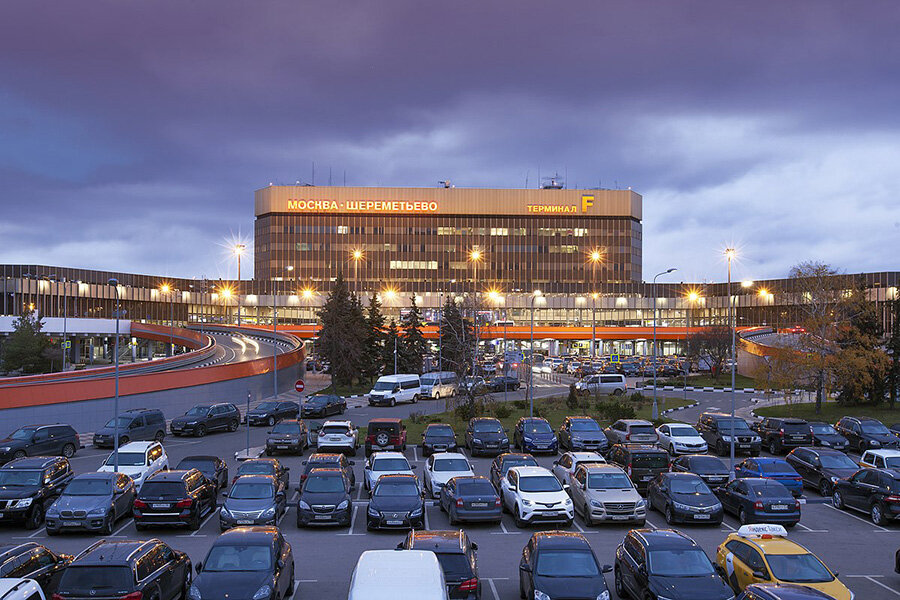Force Majeure Without a Surcharge: Russia Considers Airfare Price Cap

Photo: Wikipedia
Russian lawmakers have proposed banning excessive fare increases during mass flight delays and cancellations. The initiative comes in response to passenger complaints about sudden spikes in domestic airfares during disruptions at Moscow airports. The proposal suggests capping surcharges at 20% above the base fare, according to Izvestia.
Vice Speaker of the State Duma Vladislav Davankov called such price hikes an attempt to profit from people in distress. He cited the case of a passenger who missed a Moscow–Irkutsk flight due to airport chaos and was forced to buy a new non-refundable ticket at inflated rates — up to 84,000 rubles for economy class. An alternative route with a 52-hour layover in St. Petersburg cost 39,000 rubles.
Davankov noted that thousands of passengers, including those with small children, were stranded at airports across the country. "They were happy to fly anywhere just to avoid sleeping in terminals," he said. "Airlines saw this as a money-making opportunity." Given the state support the industry receives, such behavior is unacceptable, he argued. Along with MP Ksenia Goryacheva, he plans to request that the Ministry of Transport and the Federal Antimonopoly Service (FAS) cap ticket surcharges during crises at 20%.
Other parliament members have joined the discussion. Yana Lantratova proposed fixed fare limits during high-demand periods such as holidays and school breaks. Sultan Khamzaev also criticized dynamic pricing for domestic routes, arguing that companies should not shift risks onto passengers.
Georgy Mokhov, VP of the Russian Union of the Travel Industry and founder of the law firm Persona Grata, emphasized that dynamic pricing is not corporate greed but an algorithm reacting to real-time demand. Oleg Panteleev, head of Aviaport, said the system balances the interests of consumers and service providers. Alena Yakovleva, managing partner of RosCo Group, noted that fare caps are exceptional and require special regulations.
The FAS said it is monitoring the aviation market, particularly routes with limited flight options where abuse is more likely. Airlines must submit fare formation documents to the Ministry of Transport and FAS by September. These will be used to guide new emergency pricing rules.
The situation in Russian airports remains tense, worsened by drone attacks and ongoing delays. In late July, a massive cyberattack hit Aeroflot, Russia’s largest airline. Hacker groups Silent Crow (Ukraine) and Cyber Partisans BY (Belarus) claimed responsibility, saying they destroyed about 7,000 servers. Over 40 flights were reportedly canceled on July 28.
According to Lenta reports, Aeroflot resumed scheduled flights the next day. Still, cybersecurity expert Alexey Kozlov said full system recovery may take up to a year, estimating losses between $10–50 million.
These issues reveal the fragility of Russia’s aviation sector, where external threats and internal failures disrupt travel. In this environment, new regulations carry special significance.
See also:
EU airports to lift 100ml liquid hand luggage limit
Russia tightens digital control: VPN, SIM card, and account fines
Kyrgyzstan blocks citizenship for Russian nationals
EU Blue Cards: India and Russia top recipients, Germany top issuer
Lithuania revokes residence permit of first Russian for visiting home
Подсказки: Russia, aviation, airfare, airline pricing, regulation, Aeroflot, cyberattack, transport ministry, antimonopoly service, airports








